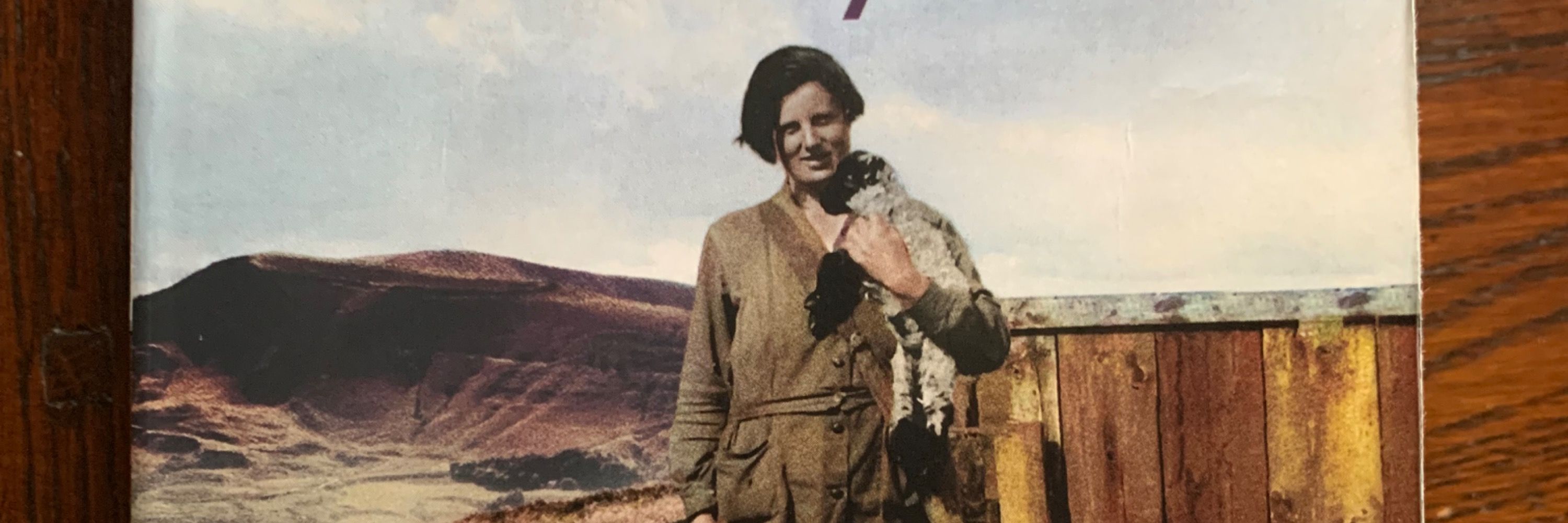
Historian of Britain & Ireland at Northumbria University. Beginning new work on the history of ornithology in twentieth-century Britain.

Gosh, the Daly papers. Looked at those for my PhD research. I thought the picture looked familiar.


@marcmulholland.bsky.social.
Reposted by Matthew Kelly

Reposted by Matthew Kelly
Reposted by Matthew Kelly
Reposted by Matthew Kelly

'Landscapes of Power'
longbarrowpress.substack.com/p/landscapes...



